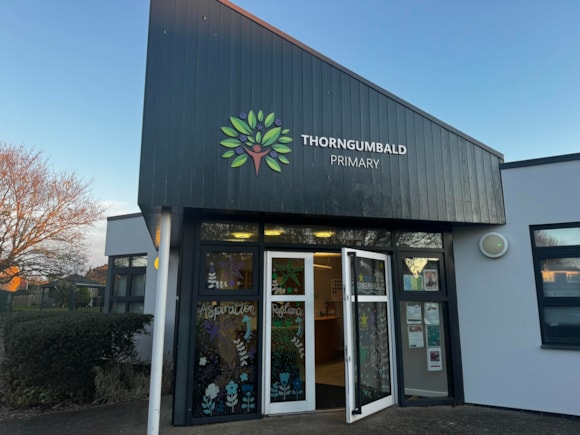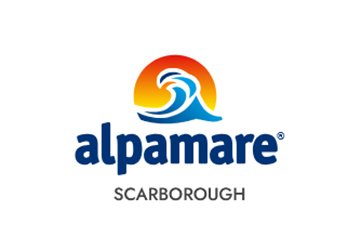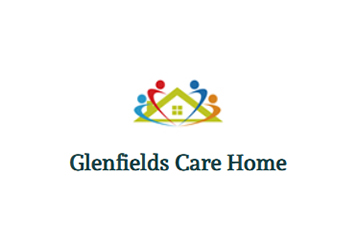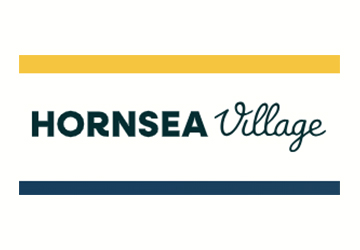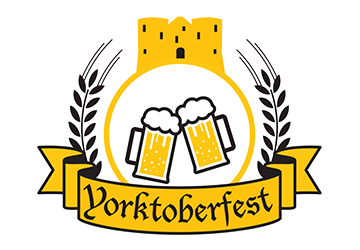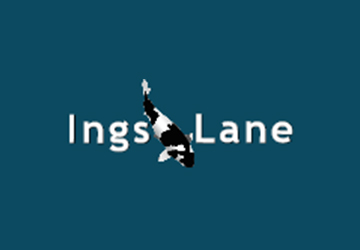East Riding schools are to receive specialist support around neurodiversity, as part of the Partnerships for Inclusion in Neurodiversity in Schools (PINS) project.
Nine primary schools have been selected to take part in 2025/26, as the project goes into its second year.
Holme on Spalding Moor, Molescroft, North Ferriby, Penshurst, Reedness, Roos, Welton, Hedon and Patrington Primary Schools will benefit from specialist-led training, coaching, and support, designed to enhance understanding of neurodiversity, and embed a needs-led inclusive approach across all school staff.
Councillor Victoria Aitken, cabinet member for children, families and education said: “We want our mainstream schools to have a good understanding of neurodiversity, so that each child is supported, understood and listened to, and any needs can be identified early.
“As the project grows, learns and enhances the offer more widely, we hope that all schools and settings will be able to access recordings of training, videos and workshops. We’re committed to inclusion and ambition for every child and young person, and to a neuroinclusive East Riding.”
Thorngumbald Primary School was one of the seven participating schools in the project pilot last year. Sarah Norton, Headteacher said: “At Thorngumbald Primary, we are committed to creating a truly neurodivergent-friendly environment where every child feels safe, supported and empowered. Being part of the PINS project has given us valuable training and the chance to reflect on our practice. We have been proactive in developing our practice, and PINS has complemented this by giving us training and a wider framework to connect our work to — helping us celebrate the difference we are making for our children and families.”
Neurodiversity refers to the natural differences in how people’s brains work. As part of the PINS project, support to school staff is provided by NHS neurodiversity and CAMHS services, educational psychologists, specialist teachers, and training delivered by private, voluntary and community sector organisations.
The project is a collaborative effort involving primary schools, Parent Carer Forum, NHS Humber Teaching NHS Foundation Trust, East Riding of Yorkshire Council, including the Educational Psychology Service, and the NHS Humber and North Yorkshire Integrated Care Board (ICB). A total of 30 mainstream primary schools across the Humber and North Yorkshire ICB area are taking part this academic year.
Sam Grey, learning disability and autism senior programme manager, NHS Humber and North Yorkshire Integrated Care Board said: “The ICB and our partners in the NHS are delighted to be supporting the PINS project in the East Riding. It’s bringing conversations about neurodiversity into the mainstream and ultimately creating learning environments that bring out the potential of children who are neurodivergent.”

